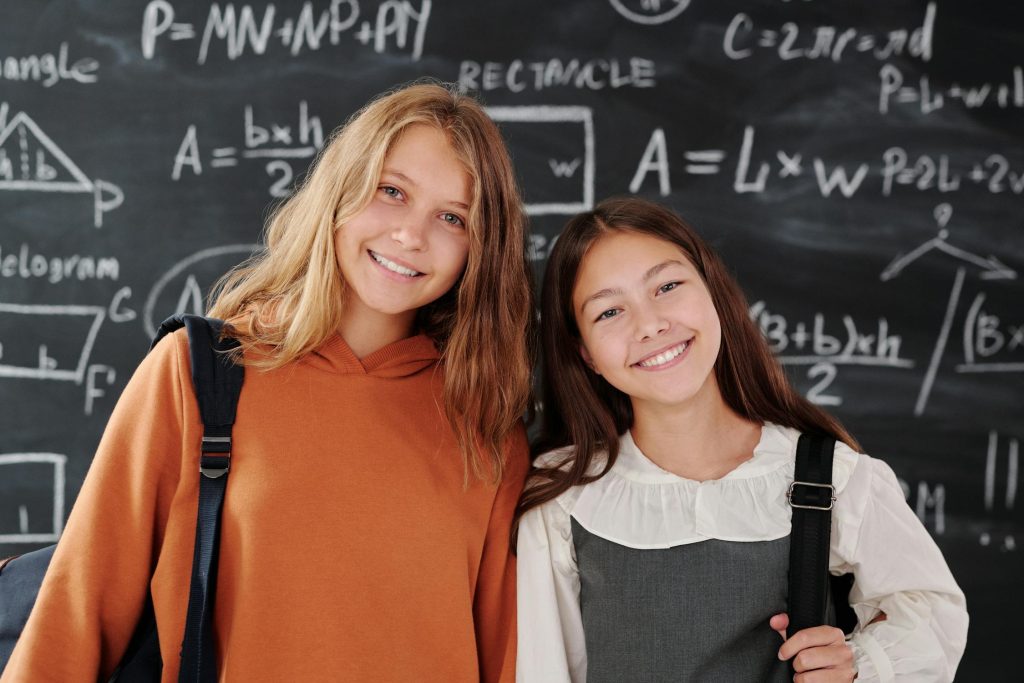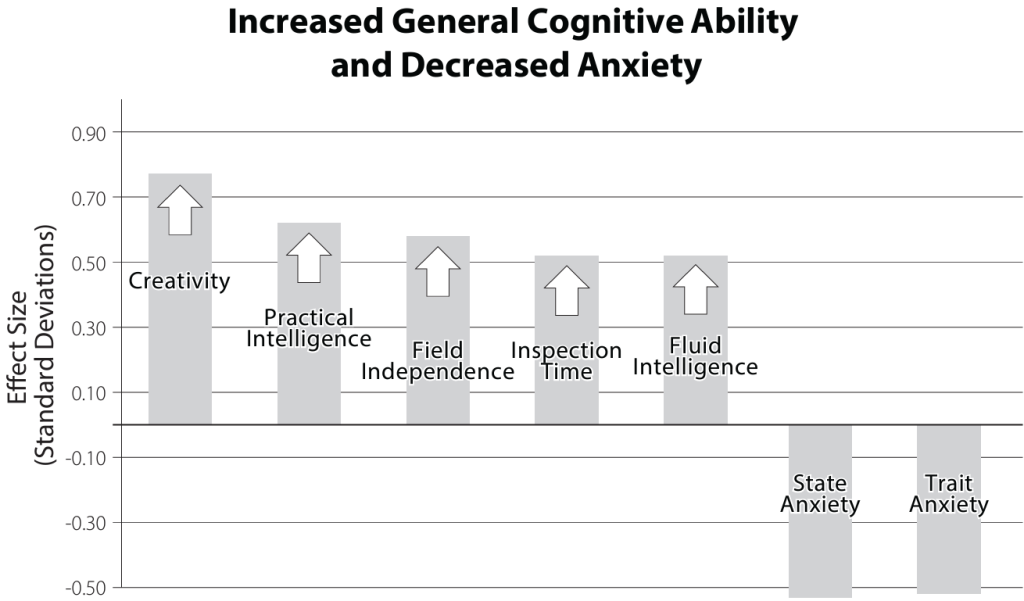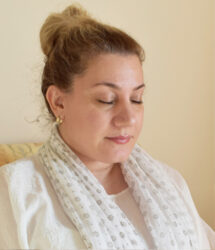Transcendental Meditation Improves Students’ Academic Performance: An Interview with Author Denise Denniston Gerace

Denise Denniston Gerace is a wife, mother, and the author of “The Transcendental Meditation TM Book: How to Enjoy the Rest of Your Life.” Denise learned the Transcendental Meditation technique in 1968, in her last semester of college, and was deeply impressed by the benefits she experienced. She found that her grades came up by a full point because she was so much more effective in school. Inspired to make a career of bringing this very useful tool to others, she enrolled in the TM teacher training course and graduated in 1971. In the last fifty years, she has taught the TM technique in Omaha, Los Angeles, New York City, and Tucson.
Denise holds a Ph.D. in Philosophy of Education from the University of California at Berkeley and served as a faculty member and Dean at Maharishi International University in Fairfield, Iowa.
The first version of “The Transcendental Meditation TM Book : How to Enjoy the Rest of Your Life” was published by Three Rivers Press/Price, Stern and Sloan in 1975 and the new, updated version by Fairfield Press in 2013. The book uses entertaining drawings and Q&A format, easily introducing the principles that underlie the practice of TM – along with many of the published scientific studies on the technique and its benefits – in a lighthearted entertaining way, enabling people to learn more about the program as they consider learning TM.
Janet– Denise, just to highlight one area of exploration in your book, let’s talk about what the TM technique does for students. Education is always an area of concern in this country and was especially so during the pandemic. How does learning Transcendental Meditation improve learning and grades?
Denise– TM is very helpful in education – the improvements in how I was learning really made me see how valuable TM is. It gives students more bandwidth for all their various interests, and more traction to get the job of gaining a good education done each day. Especially these days, in schools and at home, the list of distractions from academic focus is long. New gadgets and technology, too much streaming and television, peer pressure to socialize online and off, and insomnia affect students’ academic performance drastically. And the quality of schools varies so much – the quality of education depends on the availability of learning materials, teachers’ levels of experience, class size, and parental involvement. Recent studies show that the quality of their teaching and the ability of teachers to engage students are even more instrumental to academic success than other factors. So students need to do whatever they can to get the best results from the education available to them.
Janet– I know that the TM technique has been learned by tens of thousands of students, some on-site in their schools and some out of school on their own or with their families. What results have been shown by scientific and anecdotal evidence?
Denise– I present some of these significant education-related studies in my book. For example, three studies on the Transcendental Meditation program were conducted on-site in high schools – two of the studies covered a period of six months and the third one was conducted for a year. In this research, published in the highly respected journal Intelligence in 2001, students were randomly assigned to practice TM or else to be in one of three comparison groups. These control groups involved alternatives to learning the TM technique: one group napped, a second practiced another meditation technique, and the third had school as usual with no intervention.
Janet– What values of academic performance were being observed and measured?
Denise– Here are the criteria used and some elaboration on what they signify:
- Creativity: “whole-brained creativity,” which requires intelligent thinking on the basis of balanced emotions.
- Practical Intelligence: nonintellectual abilities and attitudes that predict success in work and social relationships and help achieve emotional and physical well-being.
- Field Independence; maintaining broad comprehension along with the ability to remain focused in an environment of confusion. People who are field-independent are more capable of seeing other people’s perspectives, more able to organize their thoughts, and less influenced by social pressure.
- Inspection Time: a computerized test of decision-making speed in a complex situation. It corresponds to fluid intelligence.
- Fluid Intelligence: the ability to find solutions in new situations for which prior education can’t prepare.
- State Anxiety: a measurement of anxiety in the moment (for example, prior to an exam) in contrast to trait anxiety which is how anxious one is generally. The TM technique successfully reduces both.
Janet– And how did these qualities compare in the four groups according to the research?
Denise– The students who practiced the TM technique had highly significant improvements on all these variables (p’s < .001) compared to students in the control groups. The chart below combines the results for all three studies and illustrates the comparison.

Janet– What about anecdotal evidence? In other words, what do the students, parents, and teachers notice happening with students who practice TM?
Denise– Benefits include reduced insomnia, fatigue, hypertension and anxiety as well as increased self-esteem and focus. In school on-site programs, the evidence is also in increased graduation rates and decreased absenteeism and suspensions. But it’s best described in the words of the participants themselves from two Arizona high schools in which I taught:
Teacher: “TM really helps students be creative and innovative.”
Teacher: “I just love TM as a buffer tool that helps you cope with stress.”
Student: “I feel calmer now, like a calming presence that’s constantly in my life. It’s pretty sweet.”
Student: “I’m a lot more cranky when I don’t meditate. My creativity has opened a lot since I came to meditation.”
Administrator: “We are seeing almost a 50% decrease in the number of behaviors like being sassy and talking back to teachers and horse playing in the hallways.”
Administrator: “My observation is that the kids who are meditating are happier.”
Janet: A lovely note on which to end this interview! Thank you, Denise.
Teachers, administrators, and students: learn the TM technique before the next term!
About the Author
Janet Hoffman is the executive director of TM for Women Professionals, a division of TM for Women in the USA





